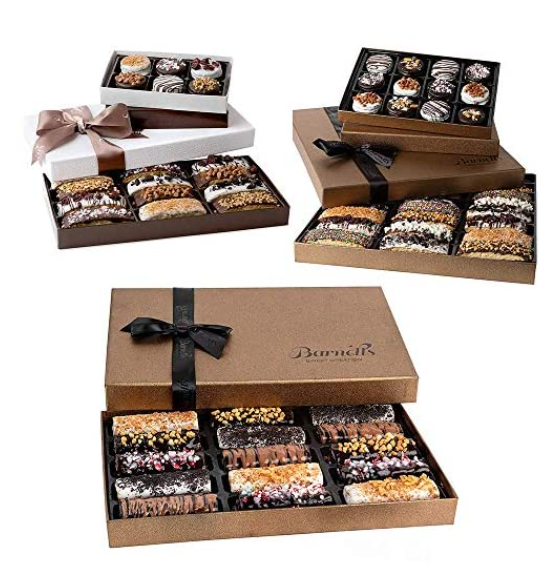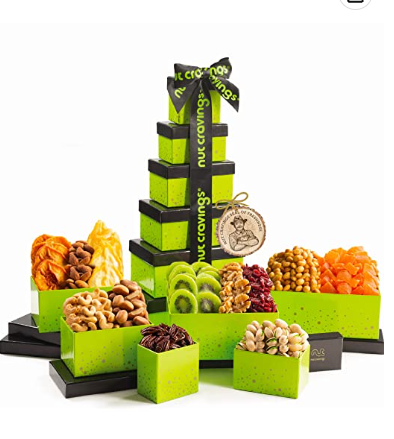Part 1 of 10
Welcome to our beginner’s guide to Kosher gift baskets! Over the next 10 articles we will introduce you to Kosher Gift Baskets and what makes them different. Whether you’re new to the concept of Kosher products or looking to learn more about the art of gifting in the Jewish tradition, this article is here to provide you with a comprehensive introduction to Kosher gift baskets. We’ll delve into the significance of Kosher certification, explore the essential components of a Kosher gift basket, and highlight why they make thoughtful and meaningful presents for various occasions. So, let’s embark on this journey of discovery together!
Understanding Kosher Certification:
At the heart of Kosher gift baskets lies the concept of Kosher certification. Kosher refers to food that is prepared and handled in accordance with Jewish dietary laws. These laws, known as Kashrut, encompass a wide range of guidelines and requirements. Products that bear a Kosher certification symbol have been inspected and deemed Kosher by a reliable certifying agency. We’ll explore the importance of Kosher certification in ensuring the integrity and authenticity of the products included in gift baskets.
See below just 4 of the well known US Kosher Certification symbols (called A hechsher – in Hebrew) and what they look like.
Essential Components of a Kosher Gift Basket:
A well-crafted Kosher gift basket consists of thoughtfully curated items that comply with Kosher dietary laws.
From gourmet treats and indulgent sweets to savory delights and symbolic items, the components of a Kosher gift basket are carefully selected to cater to different tastes and preferences.
We’ll discuss some of the common elements found in Kosher gift baskets and the significance they hold in Jewish culture and traditions.
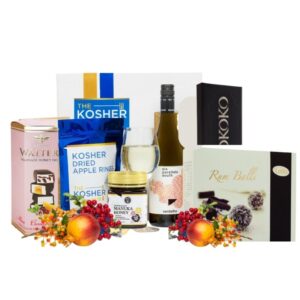
Essential Components of a Kosher Gift Basket:
One of the unique aspects of Kosher gift baskets is their ability to accommodate various dietary restrictions. Whether it’s gluten-free, dairy-free, or nut-free, Kosher gift baskets can be customized to suit specific dietary needs. In the laws of Kashrut meat and milk cannot be mixed so although there are generally no meat products in a Gift Basket it is important for a recipeint of the basket to know if a product is ‘dairy’ so if it is consumed they know to wait 6 hours before consuming meat.
We’ll delve into the considerations involved in creating inclusive Kosher gift baskets that cater to a wide range of dietary preferences and restrictions.
Examples of Kosher Wine, Cheese, Nuts and Chips in Australia
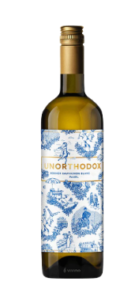
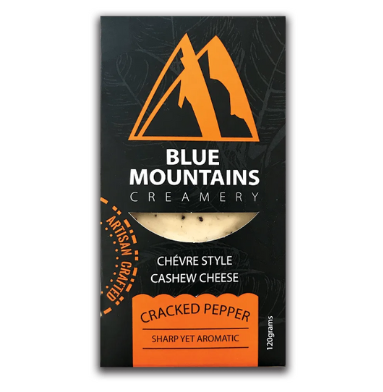
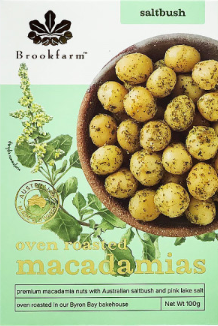
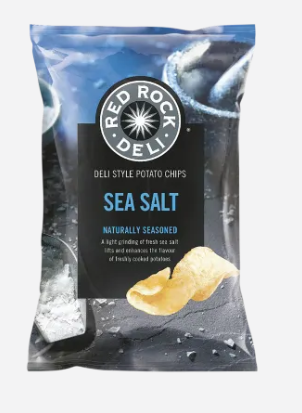
Themes and Occasions for Kosher Gift Baskets:
Kosher gift baskets are suitable for a multitude of occasions and celebrations. From Jewish holidays like Passover and Hanukkah to life cycle events such as weddings, baby showers, and bar/bat mitzvahs, there are countless themes and occasions where a Kosher gift basket can be a perfect choice. We’ll explore some popular themes and discuss how Kosher gift baskets can be tailored to specific events to add joy and meaning.
See below Australian themed/Brit Milah and Purim themed gift hampers that would be gifted when a baby boy is born for the celebration that takes place 8 days after or Purim when drinking is regarded by some as a “mitzvah”.



In summary
As you delve into the world of Kosher gift baskets, you’ll discover a rich tradition of gifting that combines culinary delights, symbolism, and thoughtful presentation. Understanding the significance of Kosher certification, the essential components of a Kosher gift basket, and the versatility in accommodating dietary considerations will enable you to appreciate the art of gifting in the Jewish culture. Stay tuned for the upcoming articles in our series, where we’ll dive deeper into the fascinating world of Kosher gift baskets and provide you with further insights and inspiration for your gifting needs.







